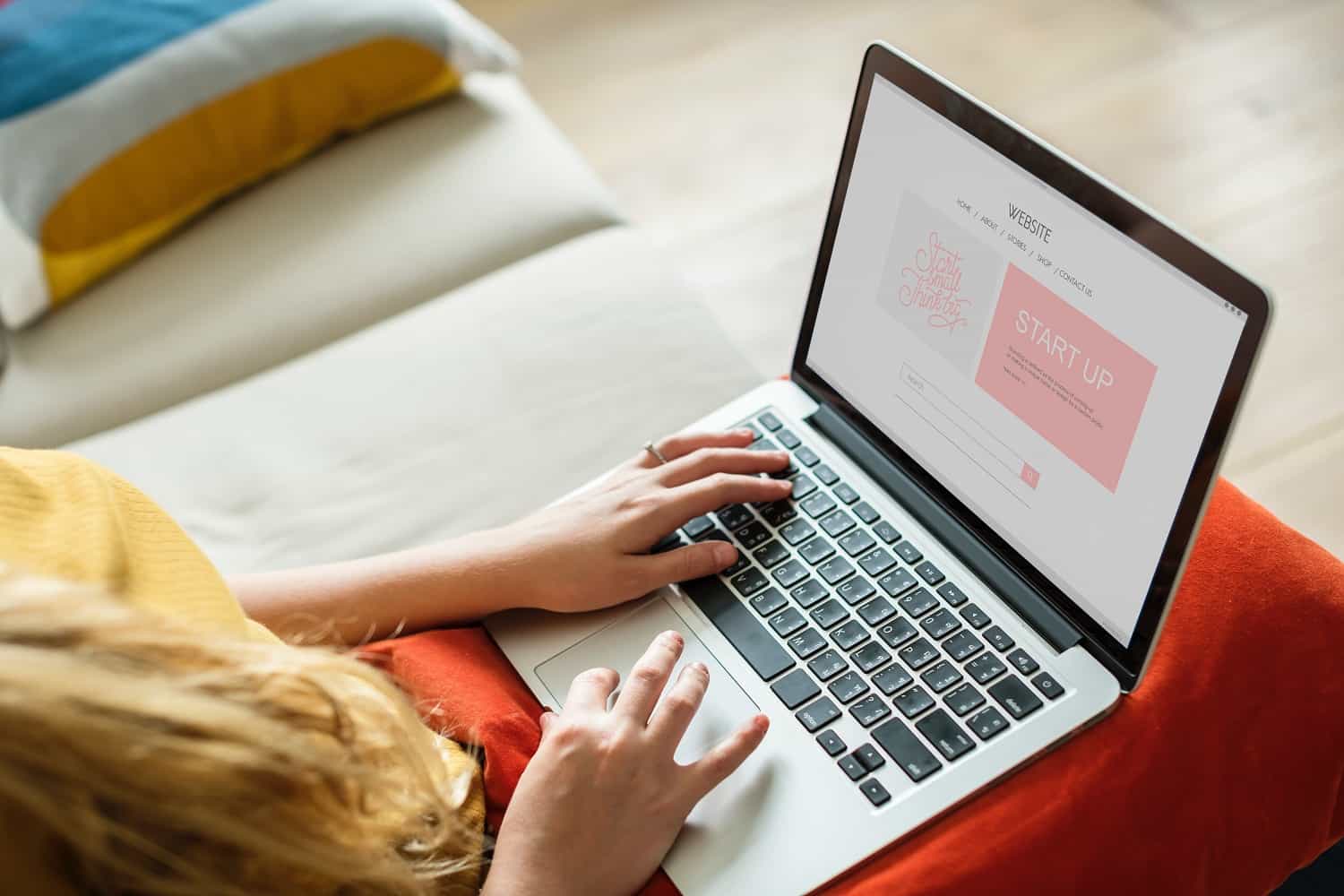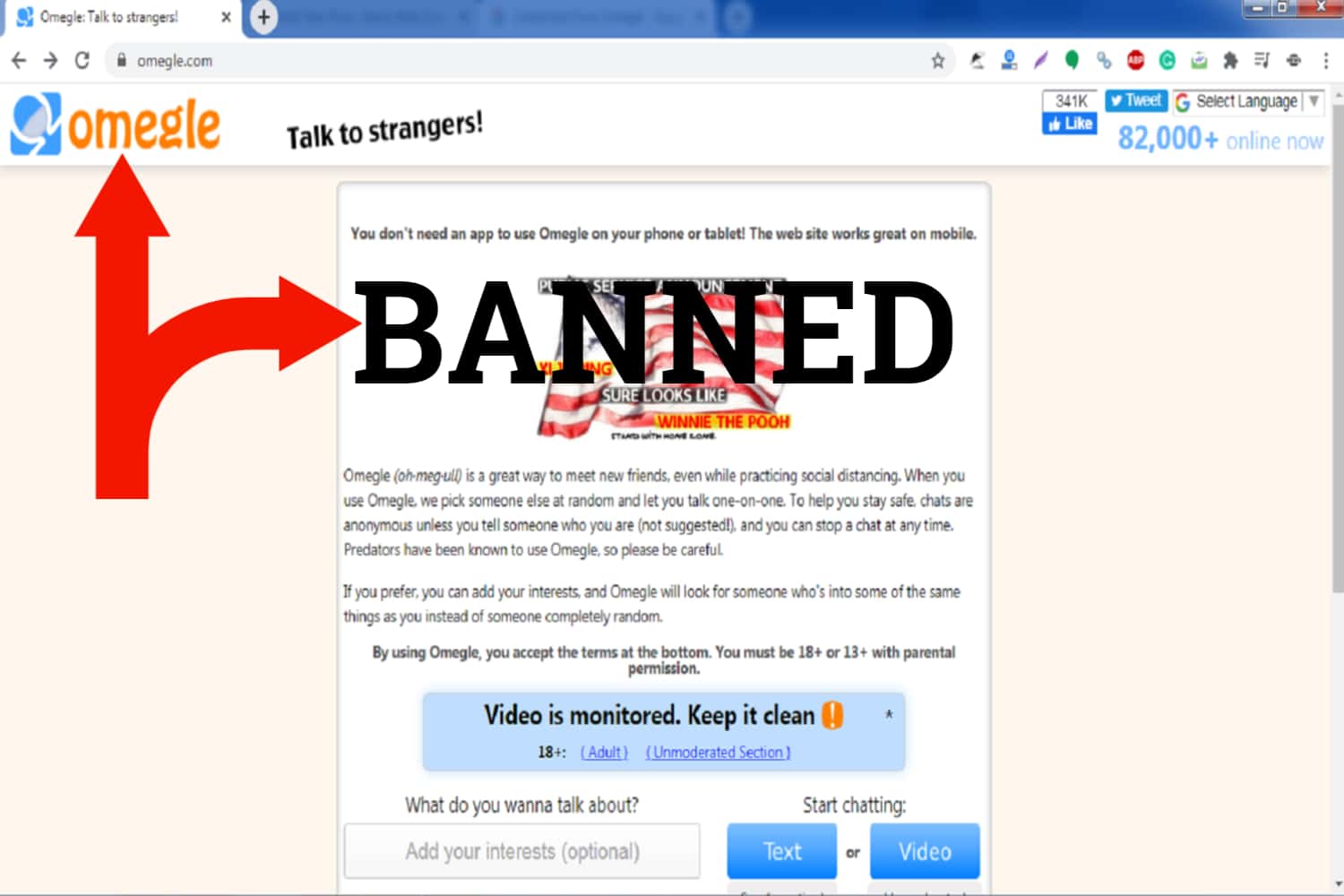Today, there is an increasing threat of online cyber warfare, nearly as dangerous as physical warfare. Stealing credit card information and personal information from millions of individuals daily is causing chaos and plenty of debt worldwide.
Understanding how secure your password is and how to secure passwords on various platforms is a way to put your mind at ease any time you are browsing online, whether checking email, booking travel accommodations, or making a new purchase from anywhere in the world.
Why Secure My Passwords Again?
With the recent leaks of millions of passwords happening globally and each day, maintaining a strong password is essential regardless of the number of accounts you have registered to your name.
Even if you believe your password is strong enough, knowing how to create secure passwords that are much less likely to be hacked and discovered is a way to put your mind at ease whether you are chatting with others or entering in credit card and banking information into your computer online.
Depending on the amount of time you spend online checking email, using social media, and chatting, changing your passwords should be done at least once every six months.
Although it may seem like a hassle, it is much more of a hassle to recover stolen accounts while also recounting what lost information you may have saved within important email or business accounts of your own.
If you have hundreds of passwords online, there are also programs and thumbprint checkers to ensure you can store all of your passwords in one location, depending on your preferred protection method and securing when browsing online.
Using a third-party password saver and store service online should only be done through verified and legit services available for enterprise customers today.
What Makes Up a Secure Password?
Making up a secure password greatly depends on the type of password you need and the website the password is used on. Understanding some of the most common passwords can help you to steer clear from creating accounts that are not secure, and that may potentially leak sensitive and private information of yours to others.
Here are a few basics to avoid when creating any password, whether for email or to protect your own website’s data and server:
- Basic names and addresses
- Pet and children names
- Phone numbers
- Address numbers
- Names with simple numbers added to them
- The word “password” (still the number one password used to date)
Tips to Add Strength to a Password:
- Use both upper and lower-case letters.
- Randomize words to create passwords and store them offline to remember them
- Use symbols and specialized characters such as “$” “!” and other symbols allowed when crafting secured passwords for any purpose.
- Avoid using known names, hobbies, or even celebrities and last names to minimize the potential of having any of your accounts compromised.
- Use different passwords on all of your websites and the communities you belong to online. Even if you belong to hundreds of online communities, it is possible to store passwords securely with devices and various tools. Be sure to use more complex passwords for banking websites and any online communities that hold more personal information than others, such as online gaming websites and blogs.
Checking Password Strength
If you want to know how strong is my password, you can do so by attempting to register on well-known websites and communities in addition to using third-party tools and online security checkers. Before entering any form of the passwords, you use a non-any website online, be sure to find a verified website that is legitimate and is not looking to harvest emails and passwords from those that are entered.
Why Password-Protect a Folder?
If your computer is ever compromised, there is no way to tell which files and folders will be viewed by those who have your computer in their hands. When you want to ensure your financial information and private property are safe and secured, be sure to protect all files and folders pass-word.
You can password-protect files with the same method of password-protecting the folders you do not want to be viewed, edited, or accessed by others who are on your computer at any time.
How to Password-Protect a Folder
When you want to know how to password protect a folder, it is possible to do so right from your own computer’s desktop in addition to investing in third-party software. Once you have located and selected the folder you want to protect, right-click the folder to select “Properties.” A tab will appear with the term “Security” on it;
Who can select it. From this menu, you have the option to choose whether other users have the right to modify, view, and edit the folder as you see fit. Saving your options will complete the process of setting the security systems on any of your computer’s folders.
Retrieving a Lost Password
At times, losing a password can be extremely frustrating, especially if you cannot remember the original password used when registering any of your accounts. If you are left wondering, “what is my password” there are a few solutions to help with retrieving it and getting your account access back altogether.
Today, most online websites, blogs, and communities provide a password recovery system that allows you to reset and recover your password.
When you use a reset password or password recovery system, the information necessary to set your password again is sent to the original email address used to sign up with the account in the first place.
Suppose you do not have access to your original email address. In that case, you may need to recover your password from your email company itself before moving forward with additional password retrieval successes.
If you are still unable to retrieve a password and you want to know how secure is my password with a specific company, consider submitting a help ticket and chatting with a live representative. Knowing how secure is my password is a way to make positive changes when creating new accounts online in the future.
Saving Passwords and Public Internet Connections
Whenever you are in public and are using a public internet connection, it is essential to check that you are using a “public” location when connecting with those around you. When you choose to allow your private network to operate publicly, it is much easier for any hacker, thieve, or online predator to gain access and information about you.
Ensuring you have a password checker and that you have implemented security on your internet modem and Who can do wireless router manually and with the assistance of any professional you are working with who provides your current internet service, whether for a home or a business location.
Always be sure to inquire about public internet connections when traveling to ensure you can still connect privately and securely before entering in personal information and data about yourself, especially if you are traveling or out of the country for any reason.
Reset Your Wireless Internet Password
Having a password box to connect to your internet is a positive sign that no one can enter your internet to begin using your connection. Although you may think that anyone using your internet connection is simply slowing down your speed, they may also be digging through personal information, installing spyware, and tracking all of your spending and financial records without your knowledge.
Each wireless internet router differs, which is why it is important to check the make and model number of your router before attempting to set and reset a password you need.
Knowing how to store passwords securely is a way for you to feel more confident regardless of who is using your computer and its internet access at all times. Finding a basic list of router access points can be done here.
Once you can set your router password, you can do so with a password you have generated yourself or a randomized password. It is highly advisable to use a randomized password while writing it down and storing it in an offline location for later use or future reference.
The more complex any router password is, the less likely it will become a potential target for anyone seeking free internet access or to place malicious attempts on home internet connections.
The more you understand online security and implement proper passwords, the less likely your accounts will become potential targets for thieves, hackers, and online scammers. Maintaining a highly-secure password is not only difficult for others to gain access to your information, but it ensures you have a little vulnerability as possible whether you are simply chatting with others on an open server or using an online checkout system to make a new purchase.











